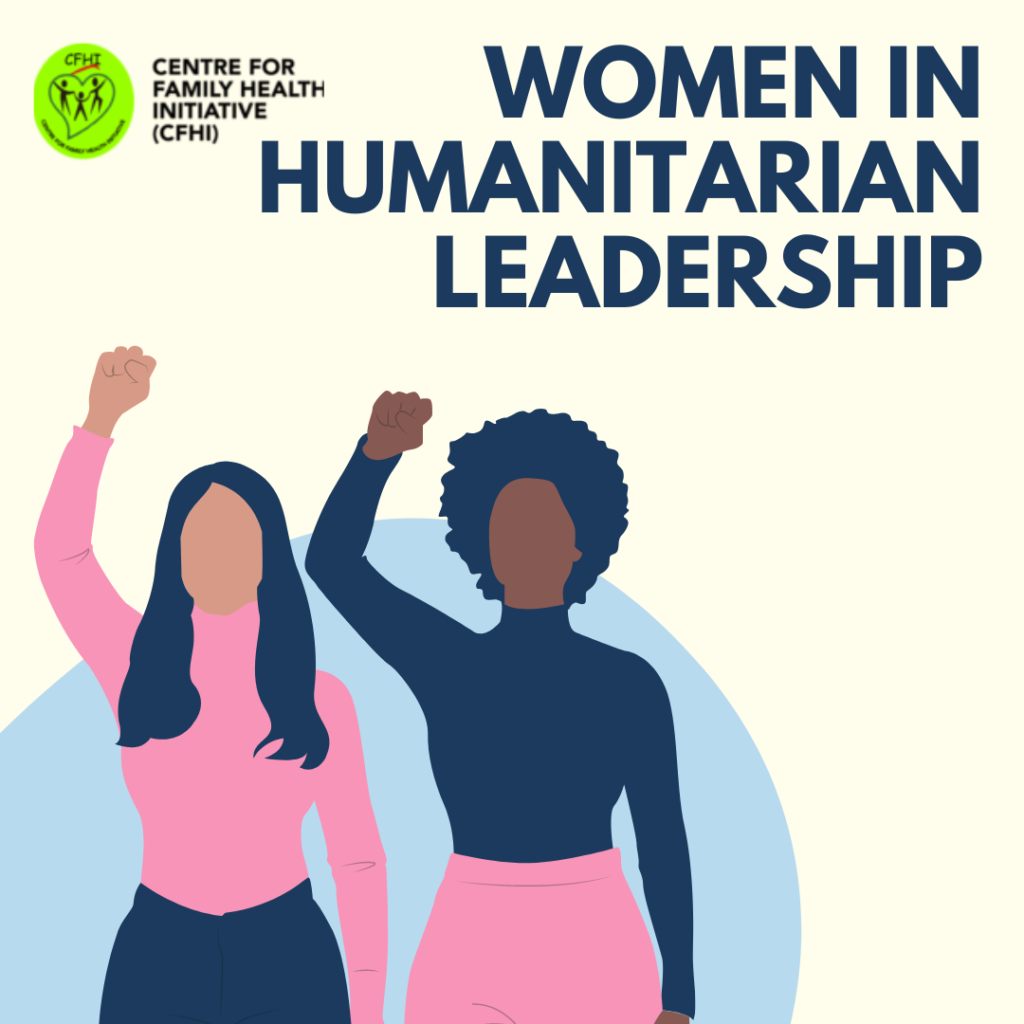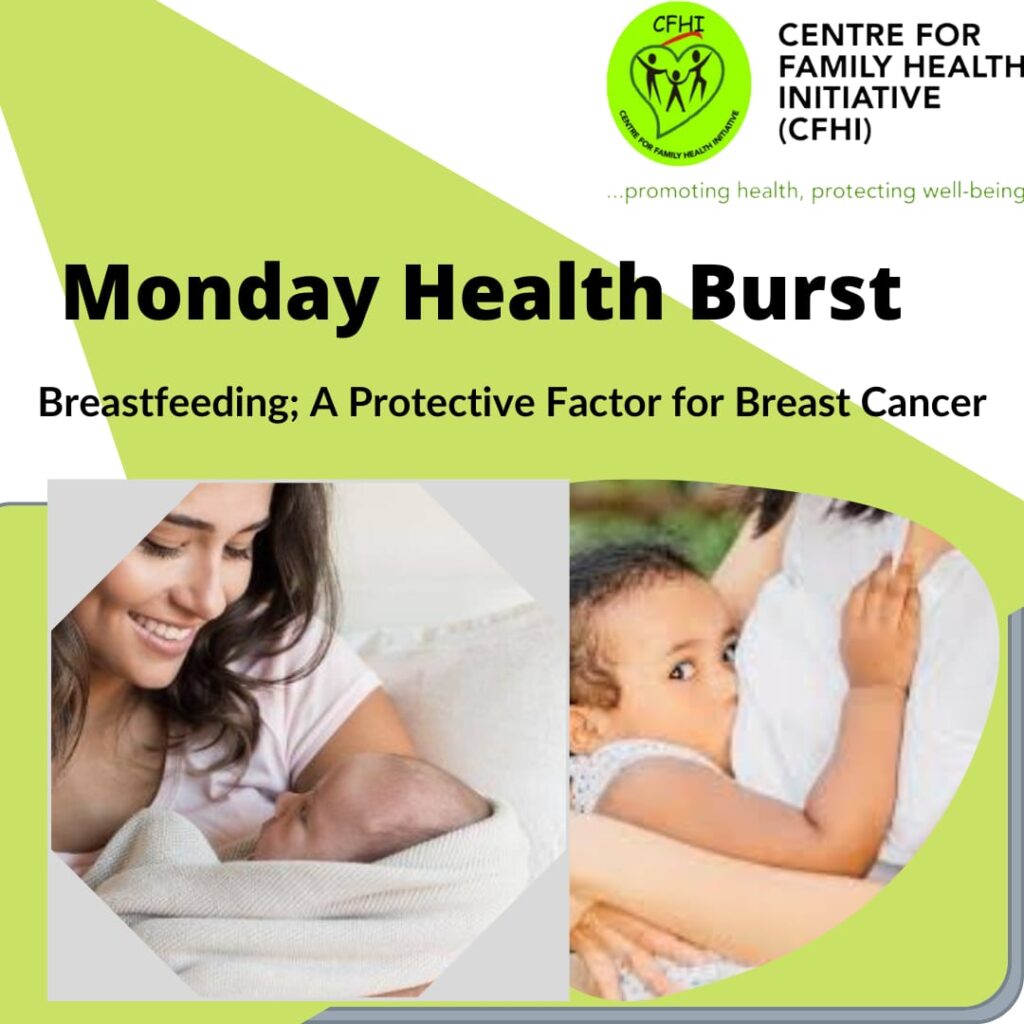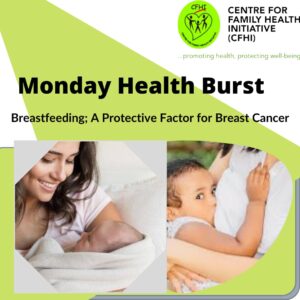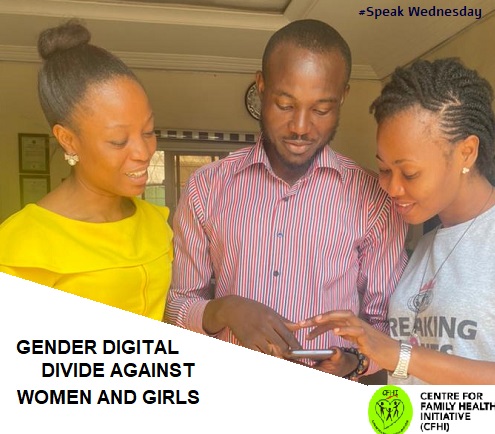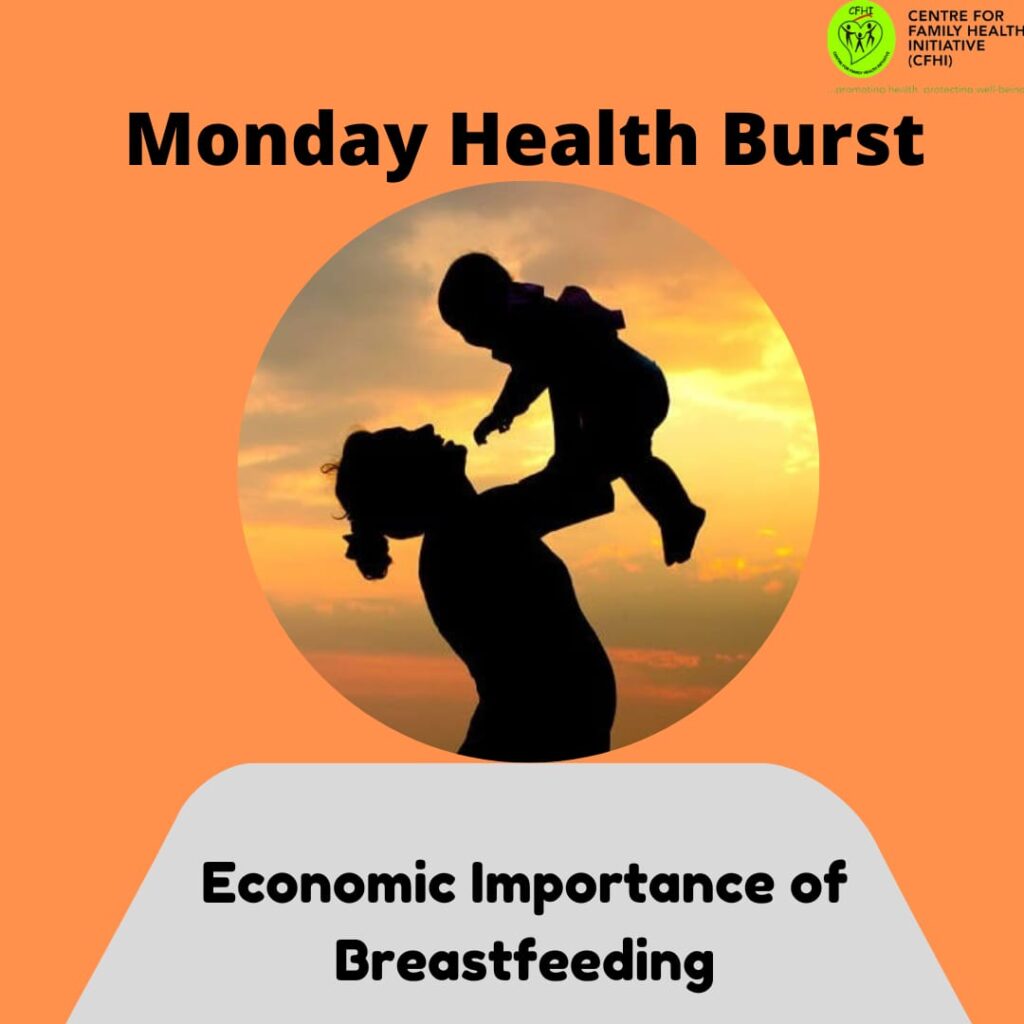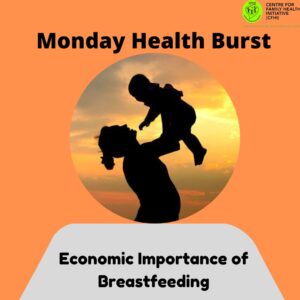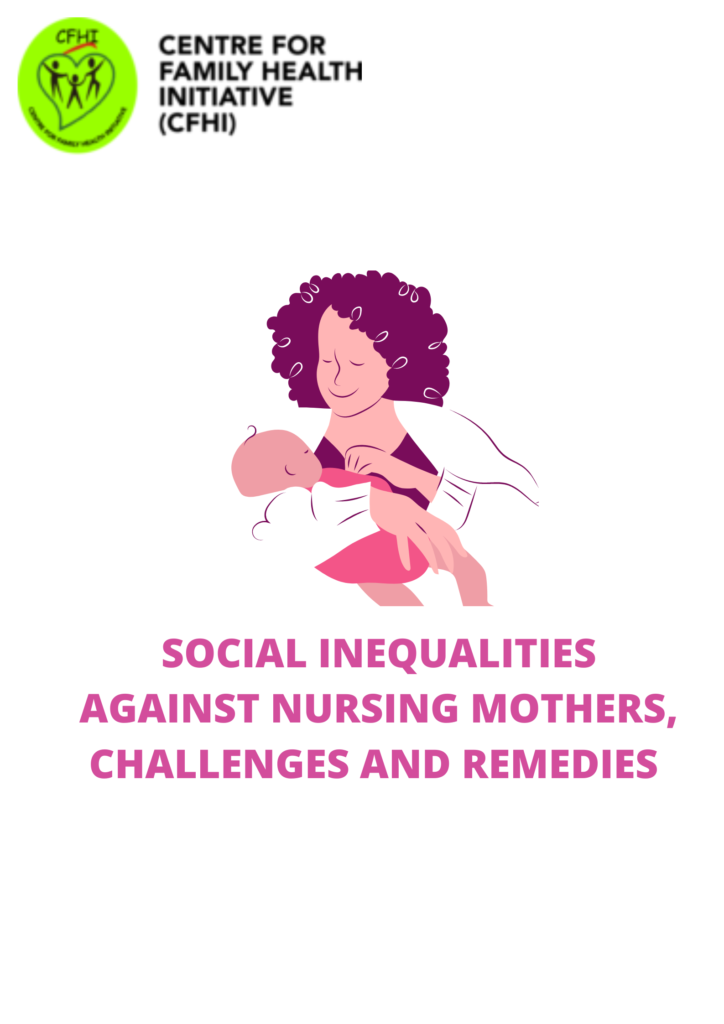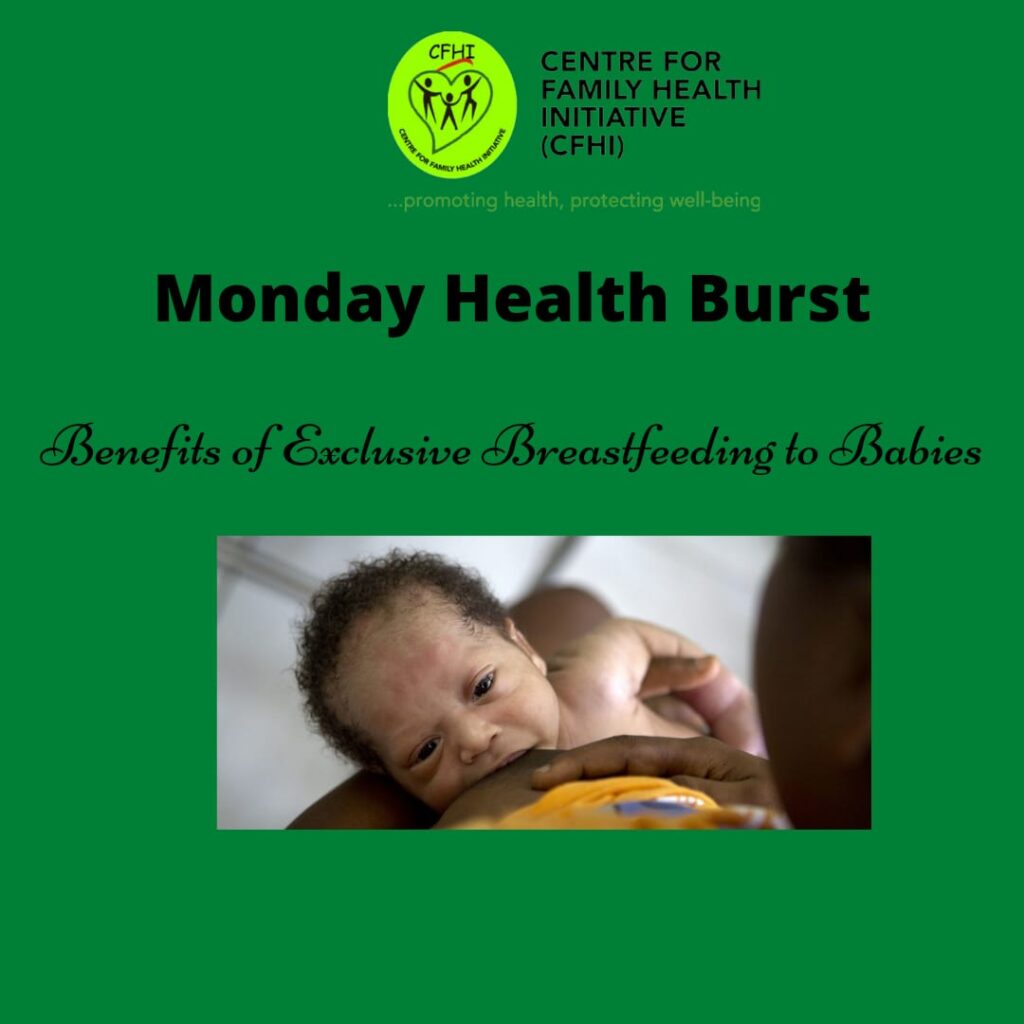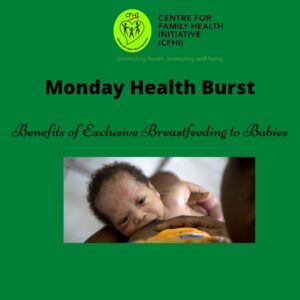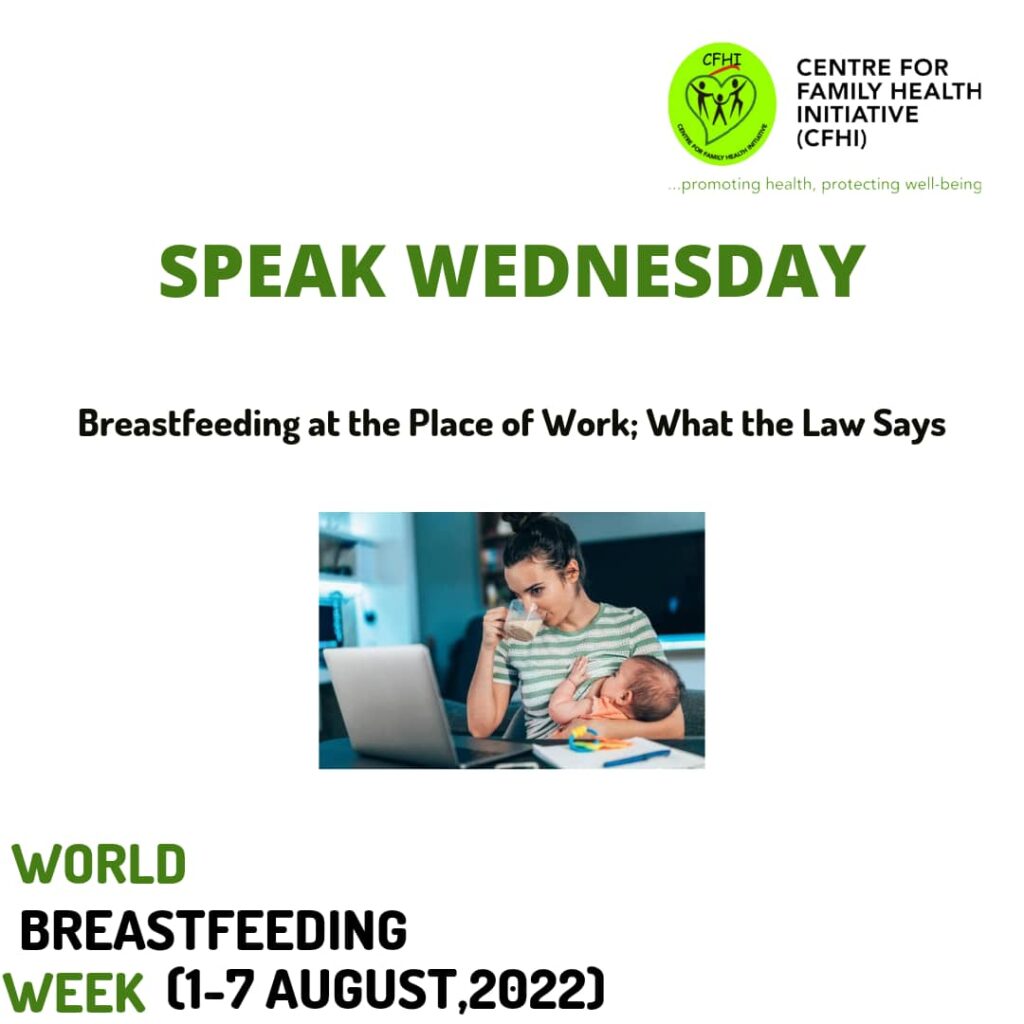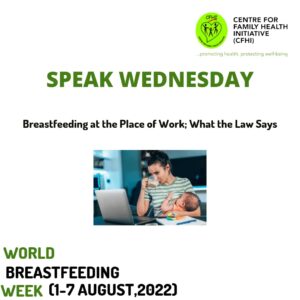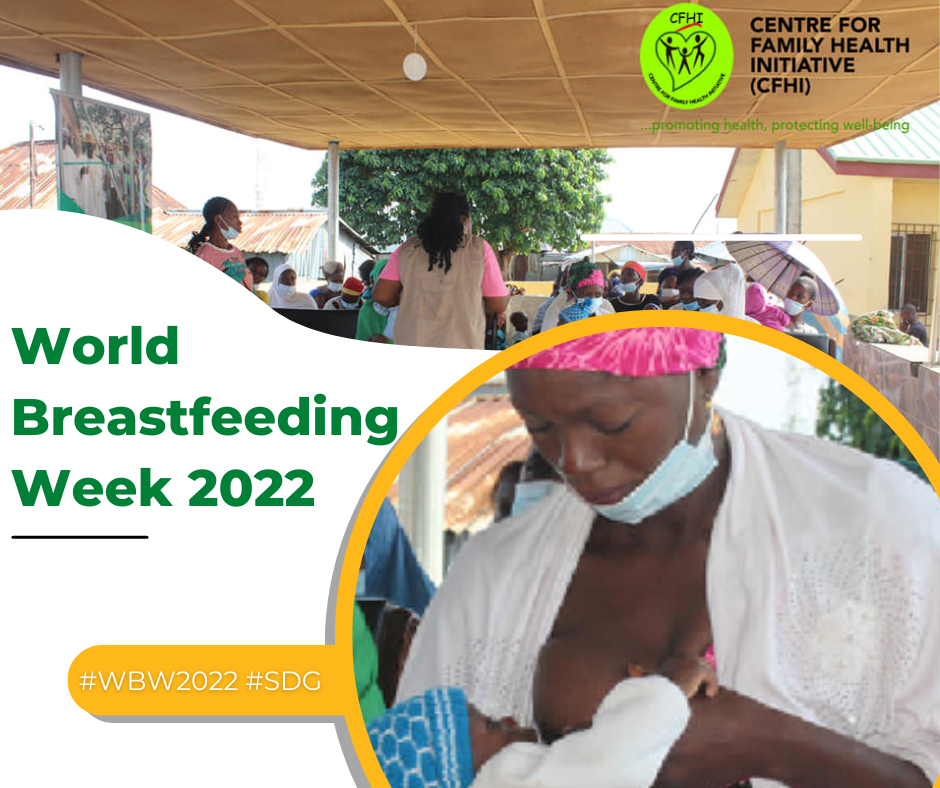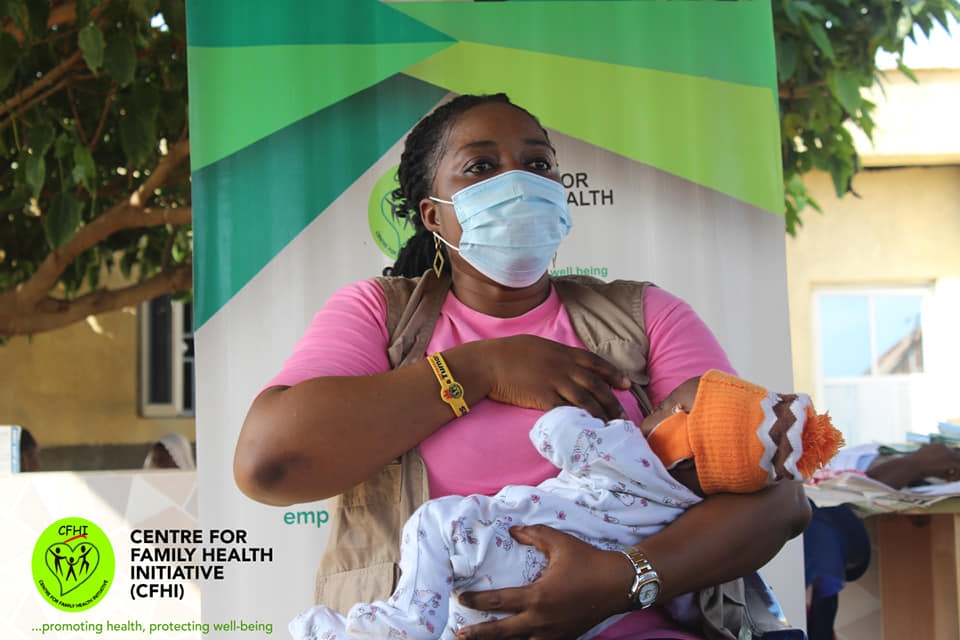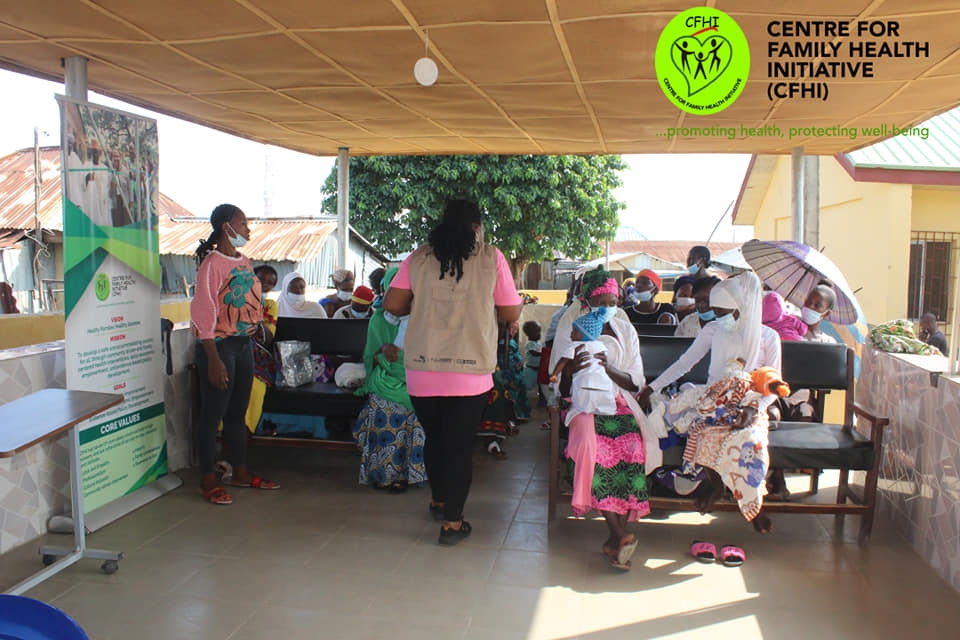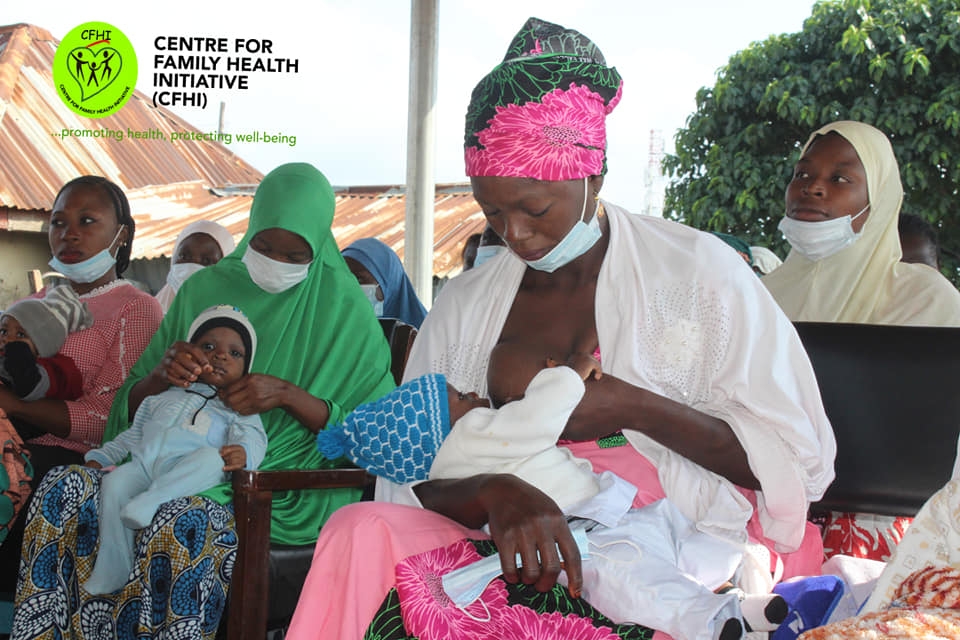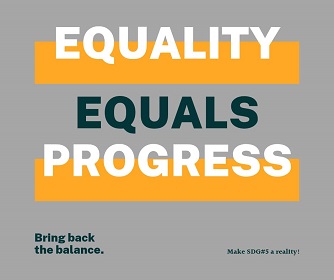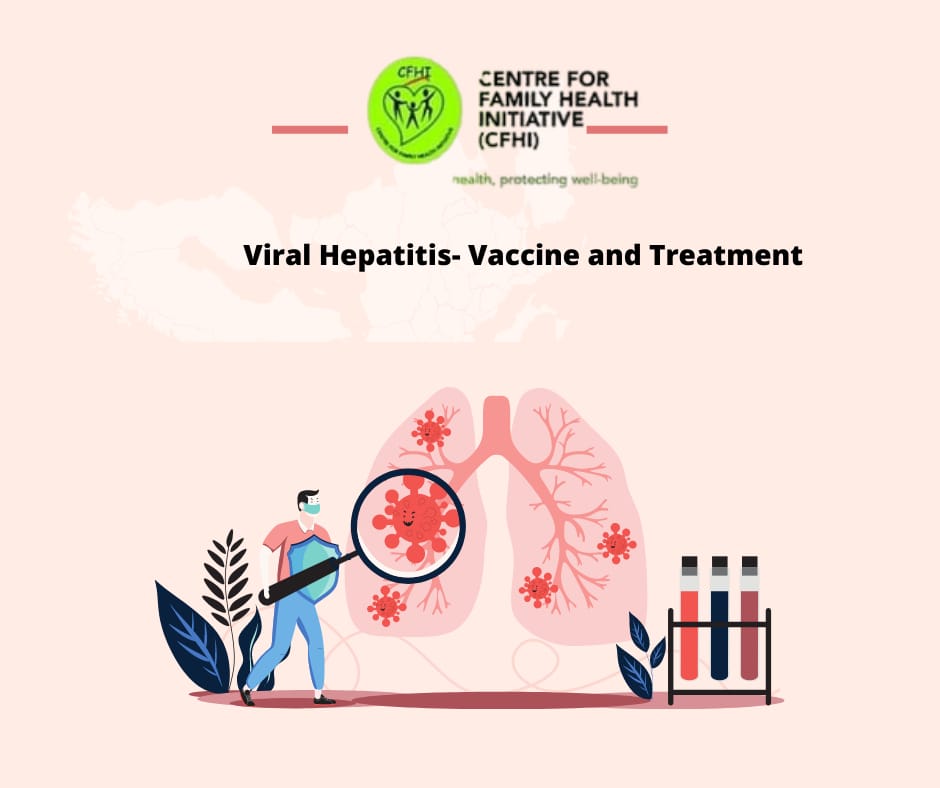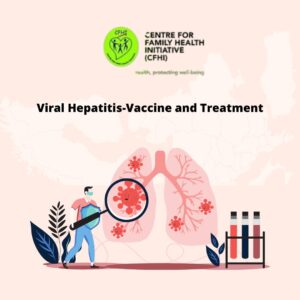WOMEN IN HUMANITARIAN LEADERSHIP
According to the United Nations Office for the Coordination of Humanitarian Affairs (UNOCHA), 40% of half a million humanitarian workers who provide frontline care during emergencies, wars, and disasters, are women. That is an estimated figure of 250,000 aid workers.
Despite this significant figure, there is still gender inequality between men and women in the humanitarian leadership sector, with the implication that women are still underrepresented in humanitarian leadership roles (Stiffman 2015, cited in Hill et al. 2016).
The demonstrated commitment and contribution of women in the humanitarian sector confirms that it is vital that government and stakeholders enable an inclusive environment for women to become leaders for the transformation of the humanitarian system and society at large.
Leadership equality, however, is not about only having the same number of men and women in top positions or in the top of the organizational structure, it is also about making sure that there is equal opportunity for both women and men to get there.
The lack of women in leadership has a great impact across sectors and countries. It impedes productivity and performance of workplaces and has individual and national health, socioeconomic, education, and political impacts. Therefore, it is expedient that more support and regard are given to women who labor on the front lines in the most conflicted and unsafe places in the world.
Speak Wednesday is an initiative of CFHI to address issues around gender-based violence and gender bias.
#SpeakWednesday #WorldHumanitarianDay #WomenInHumanitarianSector #WomenLeaders #GenderStereotype #GenderBias #GenderInequality
WOMEN IN HUMANITARIAN LEADERSHIP Read More »

